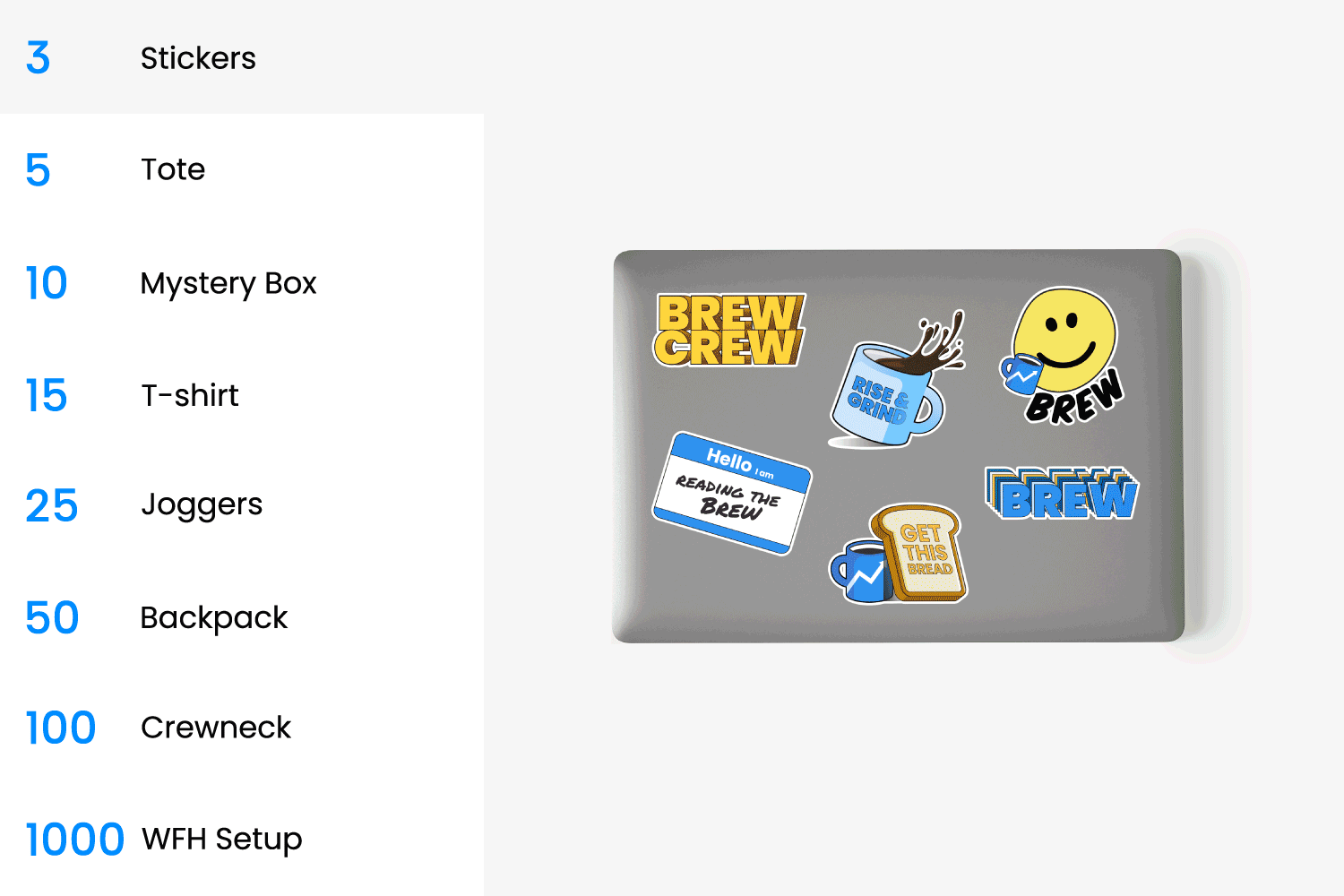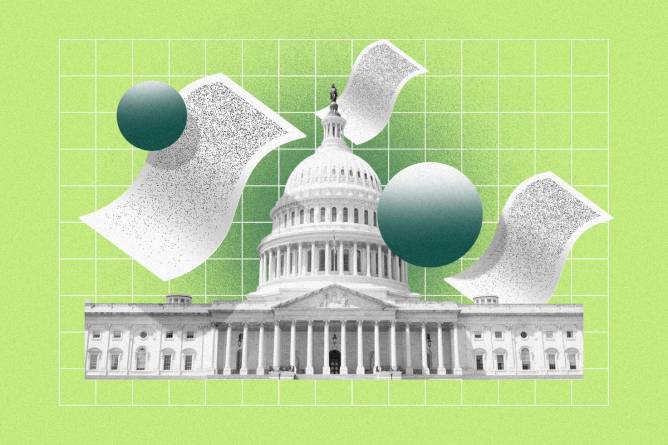’Sup? There are just seven weeks left in 2023. How are you preparing for the new year? Let us know by responding to this email!
In today’s edition:
 Back to school Back to school
 Legislative lowdown Legislative lowdown
 HR 101 HR 101
—Amanda Schiavo, Courtney Vinopal
|
|
Skynesher/Getty Images
Tim Vogt wasn’t the ideal student. He paid attention during class, but homework was an inconvenience he’d rather not deal with. As a result, Vogt didn’t earn his high school diploma.
He didn’t need one to do his job as a driver for North American freight company XPO. “But it was kind of always in the back of my mind, like, ‘Hey, one day I’d like to finish that,’” he said. “It was just not something that was within my reach at the time.”
In 2019, XPO started offering employees a tuition reimbursement program. Two years later, Vogt used it to earn his GED. Now, he’s working toward his associate degree.
Providing benefits and programs that allow employees to pursue their education isn’t just a nice gesture—it can benefit an organization by positively impacting retention and recruiting. Around three in five employees who have access to an education benefit say they feel a sense of loyalty to their current employer, according to HR Dive research. Additionally, 62% would change jobs for better tuition benefits.
Keep reading here.—AS
|
|
Human capital management (HCM) can either help…or hurt. First, it can help HR pros hire the right people and effectively manage their workforce and data. On the other hand, if the data and analytics are subpar, it can cause a whole lot of (unnecessary) headaches.
If you’re feelin’ the latter’s pitfalls as we speak, you should know that Workday was named a Leader in the GartnerⓇ Magic Quadrant™ for Cloud HCM suites 8 years in a row. Not too shabby.
Looking to make an HCM switch? Workday can help. Get an unbiased look at HCM options and select the right solution for your org with this Gartner report: 2023 GartnerⓇ Magic Quadrant™ for Cloud HCM Suites for 1,000+ Employee Enterprises.
Take a peek at all of your choices in one place, understand what kind of data matters, and land on your HCM match.
|
|
Francis Scialabba
In October, California passed a law that will complicate employers’ reliance on arbitration to settle employment disputes, while Minnesota’s governor signed an executive order dropping degree requirements for most state jobs.
Here’s what HR should know about these two pieces of state legislation.
California enacts law to prevent automatic stays of litigation in arbitration cases. On Oct. 10, California Gov. Gavin Newsom signed a bill into law that will prevent automatic stays of litigation when an “appeal of an order dismissing or denying a petition to compel arbitration” is pending.
Under existing law, proceedings are generally stayed when such an appeal is filed, up until the appeal is “perfected,” meaning it has been prepared for hearings by an appellate court. Under this change, which takes effect Jan. 1, 2024, trial court proceedings will not be automatically stayed when appeals of such orders are pending, per the text of the bill.
Keep reading here.—CV
|
|
Francis Scialabba
Welcome to HR 101. Class is now in session. Today’s discussion will focus on the history and evolution of employee resource groups (ERGs).
The history. ERGs are associations within organizations where workers with similar backgrounds and interests can come together to socialize and positively impact their communities. Xerox created the first ERG, called the National Black Employee Caucus, in 1970 in response to the racial tensions of the previous decade, according to research from the Boston College Center for Work & Family. A decade later, Xerox expanded its ERG network by creating the Black Women’s Leadership Caucus.
Before long, other employers followed Xerox’s strategy and created ERGs for the different communities within their organizations. Hewlett-Packard, for example, is credited with creating the first ERG for LGBTQ+ employees in 1978, according to Philadelphia Gay News.
Fast-forward. ERGs have grown in popularity since 2020, when employers, in response to the Covid-19 pandemic and police murder of George Floyd, sought to connect employees and increase DE&I efforts. By 2021, 40% of employers offered an ERG, a 9% increase from 2020, according to Sequoia data. Some organizations, including Salesforce, Netflix, and Betterment, have even hired program directors whose job it is to lead ERGs, HR Brew reported.
Keep reading here.—AS
|
|
TOGETHER WITH AMAZON WEB SERVICES
|
|
Francis Scialabba
Today’s top HR reads.
Stat: 51% of new hires are either turning down job offers after accepting or ghosting employers entirely, according to a recent study from Gartner. (Human Resource Executive)
Quote: “Now in the thick of 2024 planning, if the revenue, efficiencies, and cost savings they thought would come through haven’t gone through, they’re making a decision now to let people go to make sure they are set up for success in 2024.”—Paul Wolfe, a consultant and former CHRO, on the wave of layoffs in the media industry (Digiday)
Read: Nurses are suffering from severe burnout that can be linked to too much overtime, staffing shortages, and violence in the workplace. (USA Today)
Gift them the best: Feeling uninspired this gift-giving season? Turn to Tremendous to find employee gift ideas that will boost morale for 3 months or more. Get all the details in their latest guide.* *A message from our sponsor.
|
|
Looking to make your next career move? iHireHR has 30k+ handpicked jobs for HR pros, plus easy-to-use tools so you can search and apply from anywhere. Check out these open roles:
Explore even more HR jobs here.
|
|
|
Share HR Brew with your coworkers, acquire free Brew swag, and then make new friends as a result of your fresh Brew swag.
We’re saying we’ll give you free stuff and more friends if you share a link. One link.

Your referral count: 2
Click to Share
Or copy & paste your referral link to others:
hr-brew.com/r/?kid=9ec4d467
|
|
|









